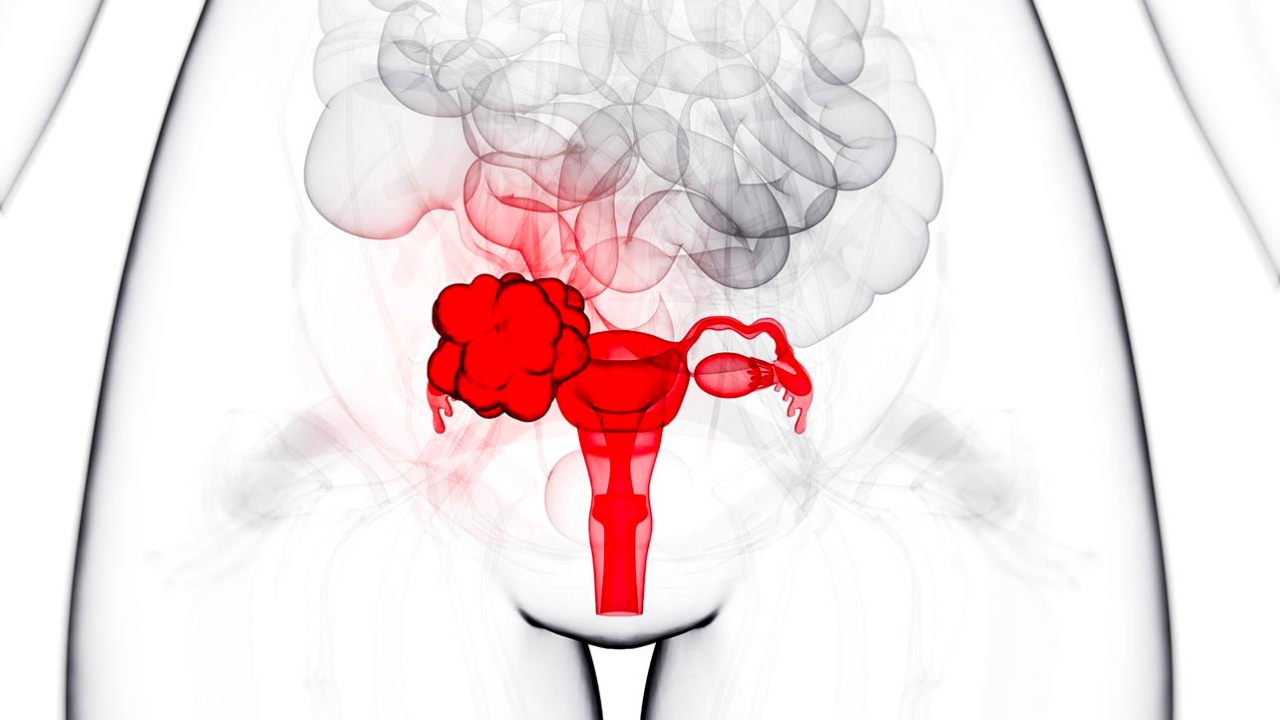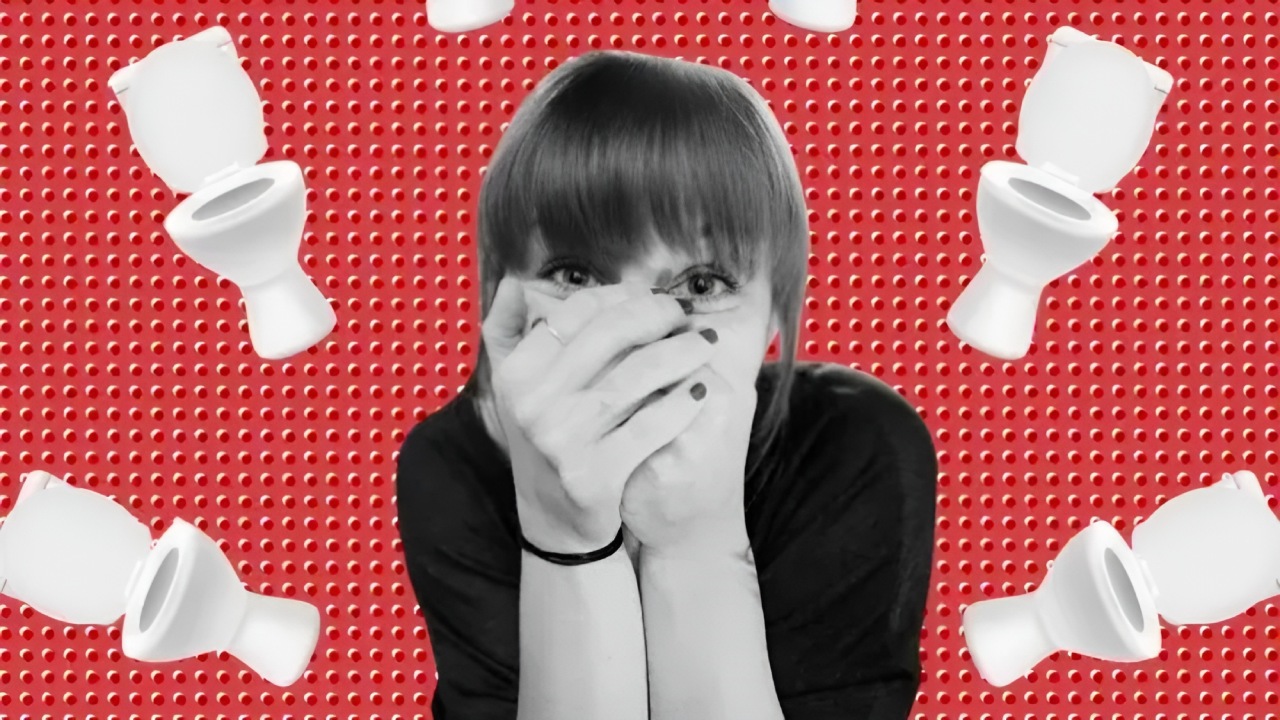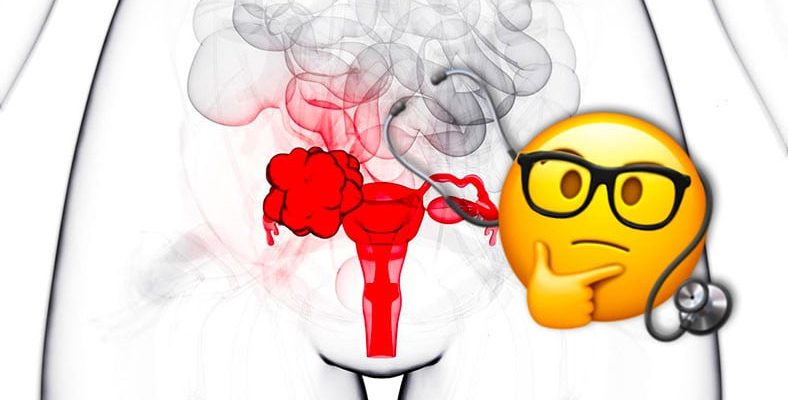Cramps, bloating, and pain in certain parts of the body, which vary from woman to woman, are common complaints about menstrual periods. However, there is a detail we have overlooked at this point. Our intestines!
In a way that most women cannot understand, Toilet habits change during menstruation. An unexpected diarrhea or constipation affects the body as if it were the spice of the pain.
So, what happens to our intestines during menstruation? Does it cause diarrhea or constipation?
The basis of this problem is that menstrual hormones affect the muscles in the intestines close to the uterus, thus accelerating bowel movements.
The body just before menstruation begins to secrete hormones called prostaglandins. These hormones stimulate the smooth muscles in the uterus, causing contractions, and that’s when unbearable pains begin for some of us.
In addition to pain and cramps, these contractions also bring about some changes in the uterine lining. if body produces more prostaglandin than neededthis hormone enters the bloodstream.
Affecting blood circulation also causes changes in bowel movements. That’s when constipation and diarrhea become inevitable.

The prostaglandin hormone, which is responsible for this condition called menstrual stool, sometimes causes constipation and sometimes causes food to move slower in the intestines. It causes faster movements and causes diarrhea.
In fact, this hormone manifests itself in the intestines, It may start a few days before menstruation. While it is normal to have headache, waist and groin pain during menstruation, it is also natural for the stool to take various forms.
On the other hand, another hormone that plays a role in our body and affects our intestines during menstruation is progesterone.

Progesterone, like prostaglandin, causes various reactions in our intestines. However, progesterone causes diarrhea or constipation rather than the menstrual period. between two menstrual cycles why could it be.
Essentially, this hormone It is responsible for the thickening and growth of the uterine walls. It reaches its peak just before ovulation, but its effect usually shows before or after menstruation.
Our other content that may interest you:
RELATED NEWS
Why Do Feces Sometimes Float on Water and Sometimes Sink? You’ll Want to Turn Back and Look When You Learn the Reason!
RELATED NEWS
Why Are Our Stools Always Brown Even Though We Eat Things of Different Colors All the Time?
RELATED NEWS
What is the reason for the urge to defecate immediately after smoking cigarettes and drinking coffee together?
RELATED NEWS
